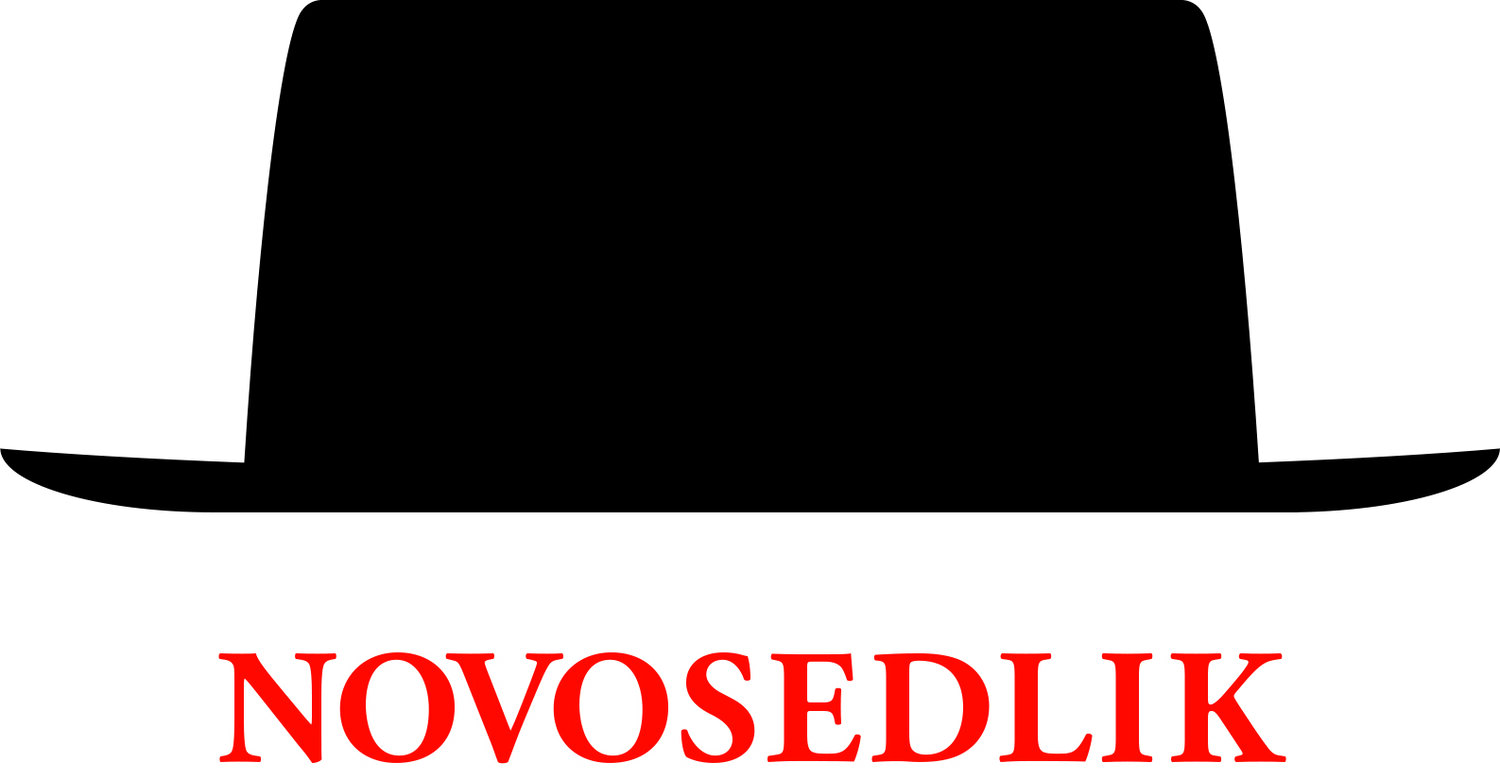Are You a Human or a Consumer?
.........................................................................
Originally published in Applied Arts Magazine, 2016
.........................................................................
3 MINUTE READ
Contrary to marketing belief, the words "human" and "consumer" can be mutually exclusive
Consumer is a word I have grown to hate.
Underlying that statement is a layer of guilt because, well, I am one. I buy stuff all the time. Especially this time of year. So I shouldn’t complain that the word reduces human beings to the status of ambulating pieholes unless I’m willing to close mine.
But of course you know I’m not going to do that.
I’m not complaining. Just kind of putting it under the microscope. The word consumer is a highly reductive and functional construct, which, while fitting nicely (in a Tayloristic kind of way) into the narrative of the industrial process, tends to deprioritize the much larger human context of which the industrial process is merely a product.
Thinking of humans as consumers allows us to align them with the tidy constructs of strategic planning but can blind us to the wider world of their lives. Consumers are always human, but humans aren’t always consumers. The important part is usually what happens when they’re not consuming.
Then there’s the word targeting. In real life the idea of targeting a human being is a bad thing. A punishable offence, depending on the severity of the assault. But in marketing, it is de rigeur. It’s all about focus, right? Who is your product really for? Figure that out and zero in on them like a sniper.
Here’s a thought: what if you reversed roles? What if you painted the target on yourself? There is a saying in Zen that only when the archer becomes one with the target will she hit it with accuracy. Maybe getting up close and personal with the people who buy your product is a better idea than shooting at them.
Getting up close and personal requires empathy. It is the beginning of understanding. Unfortunately it is not often enough the beginning of the process at a typical operationally focused organization.
To get industry to move beyond the mental constructs of its own processes requires the introduction of human-centred thinking. A human-centered approach would invert the process by bringing people into the conversation at the beginning instead of at the end, when market research is most often engaged to see whether or not your idea will hit its target. But such an inversion challenges the established operational orthodoxy.
It requires consumer goods companies to stop thinking of themselves as makers of products. Because everything they make is part of a larger, richer human story, they need to start thinking of themselves as facilitators of human experience. They need to ask what role they play in our story, not try to make us part of theirs. We are not consumers. We are human beings who sometimes consume.



